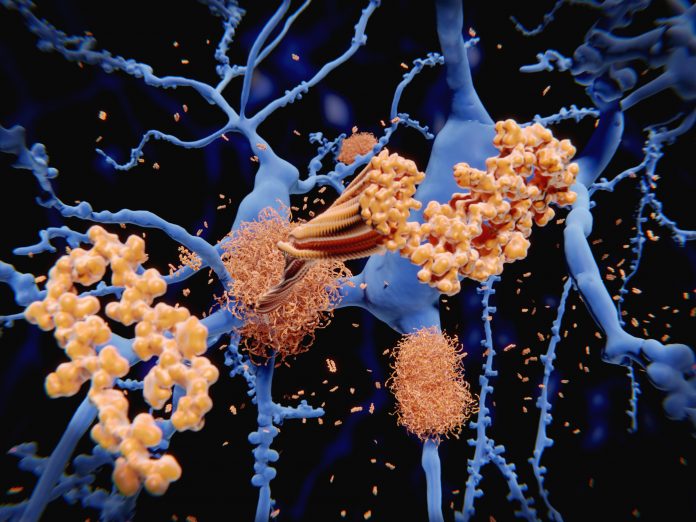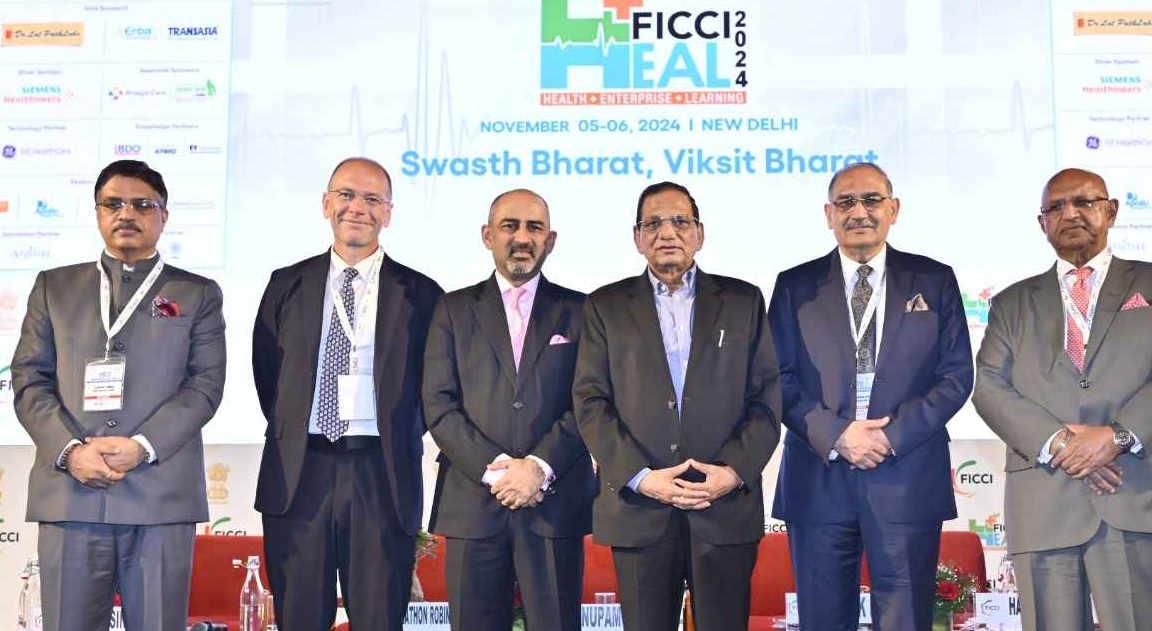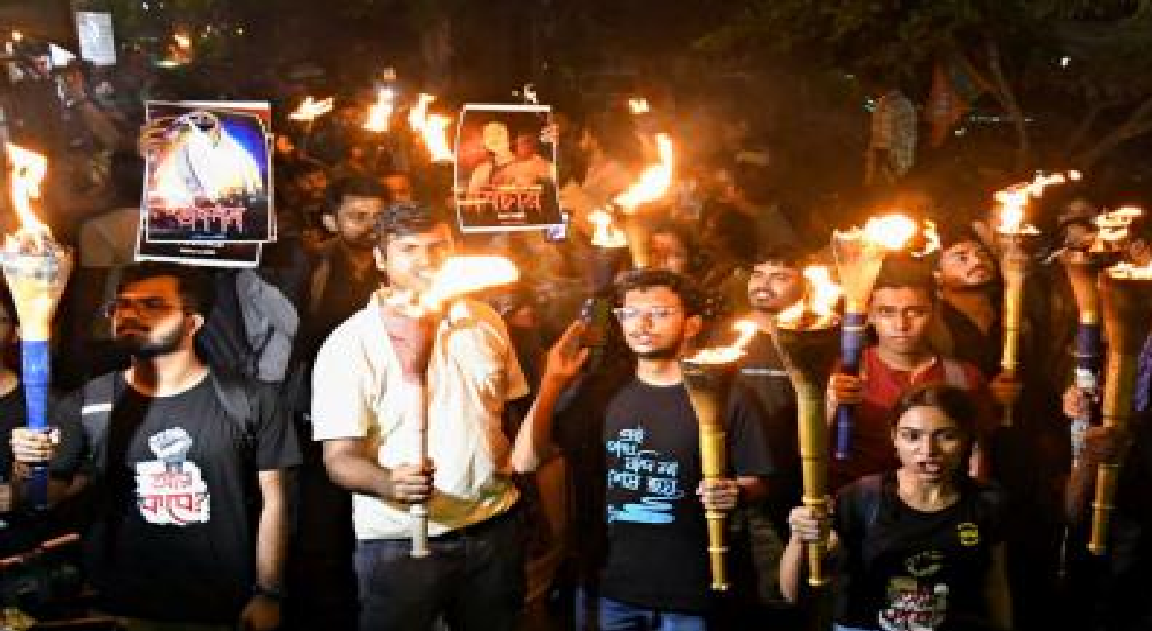New Delhi: With India witnessing a significant annual increase in dengue cases over the past decade, experts have called for intensified efforts to fight the mosquito-borne disease, noting that it has been neglected for many years.
India observes National Dengue Day on May 16, each year to to raise awareness about the deadly fever associated with the vector-borne disease.
India currently bears the majority of the global dengue burden, which can be attributed to various factors, including urbanisation, travel, trade, climate change, viral evolution, and the absence of effective vaccines and drug treatments.
According to the most recent data published in The Lancet journal, 1,10,473 (Over 1.1 lakh) dengue cases were documented in India between January and October 2022, which is similar to the number of cases reported in 2018.
Despite the escalating threat, vaccines and treatments for dengue remain elusive.
“One of the main challenges in developing a vaccine for dengue is that the virus has four different serotypes or variants, making it difficult to create a vaccine that can target all four equally,” explained dengue expert Neelika Malavige.
“With the virus evolving faster during intense transmission, new variants can emerge and lead to massive outbreaks, causing an increase in disease severity,” Malavige, Head of Dengue Global Program and Scientific Affairs (India) at international not-for-profit Drugs for Neglected Diseases initiative (DNDi), told PTI.
The first registered vaccine developed by French pharmaceutical company Sanofi has shown poor efficacy against serotype 2 and the potential to cause more severe disease in children who have not previously been infected with the virus.
Similarly, another registered vaccine developed by the Japanese pharmaceutical company Takeda has poor efficacy against dengue serotype 3.
“This (Takeda) vaccine appears to induce more durable immunity but has poor efficacy against dengue serotype 3,” Malavige explained.
A recent study conducted by researchers at the Indian Institute of Science (IISc) in Bengaluru revealed that the dengue virus has undergone “dramatic” evolution over the last few decades in India. This underscores the urgent need to develop a vaccine that targets the strains found in the country.
Rahul Roy, a co-author of the IISc study, highlighted that India has experienced a rapid increase in infections caused by the dengue 4 variant (DENV4-1d), which is very different from its closest relative. The new variant is believed to be more infectious, although further investigation is required to determine its severity in clinical symptoms.
According to the World Health Organization (WHO), approximately half of the world’s population is at risk of dengue, with an estimated 100-400 million infections occurring each year.
“About 34 per cent of these infections occur in India. Dengue is endemic in almost all states in India, and all four serotypes of the virus have been reported in various parts of the country,” added Arun Sankaradoss, a scientist at Rajiv Gandhi Centre for Biotechnology in Thiruvananthapuram, Kerala.
Sankaradoss pointed out that despite the genetic similarity of dengue variants, the immune response to one serotype does not necessarily provide cross-protection.
He also mentioned the presence of genetic variations within the serotypes, making it even more challenging to design a dengue vaccine.
Sankaradoss explained, “The current DENV vaccine effort is also hampered by antibody-dependent enhancement (ADE), whereby cross-reactive antibodies against one serotype can enhance subsequent infection by a different variant.”
Apart from the challenge posed by the four different serotypes, the possibility of a second infection leading to more severe illness is another major obstacle in developing a vaccine, according to Roy.
He stated that there are currently three vaccines in clinical trials that target all four viruses together, with one of them approved for limited use in a few countries.
“In India, we also expect to see clinical trials for all three vaccines. Other vector control strategies like Wolbachia infection of mosquitoes have been quite successful in various parts of the world,” Roy added.
Certain strains of Wolbachia bacteria can reduce the capacity of mosquito species to transmit diseases like dengue fever, either by directly inhibiting the pathogen or by shortening the mosquito’s lifespan.
Swetha Raghavan, a Postdoctoral Fellow at the National Centre for Biological Sciences (NCBS) in Bengaluru, highlighted that while most individuals infected with dengue are asymptomatic or experience mild symptoms, a smaller fraction develops a severe disease that can be fatal.
She emphasised the importance of early diagnosis and treatment, as current symptomatic treatment only alleviates symptoms without targeting the virus itself. “In terms of protection that can be induced with vaccines, this doesn’t exist in India at present, Raghavan told PTI.
Experts acknowledge the crucial role that vaccines play in combating dengue, but they caution that preventives alone are not the sole solution to this deadly and widespread disease.
“While efforts have been made to develop dengue vaccines, the development of treatments for dengue has been largely neglected, mainly due to inadequate funding as dengue primarily affects low- and middle-income countries,” explained Malavige from DNDi.
She further added, “Some clinical trials have tested antivirals, but they were not shown to be effective. Other trials have evaluated alternative approaches targeting host pathways, showing varying levels of success.”
Experts also point out that the limited focus on developing treatments for dengue by global organizations is a significant reason for the lack of effective drugs.
Roy emphasised that antiviral drugs face similar challenges to vaccines, as they are not equally effective against all dengue serotypes.
There are ongoing efforts within India and globally to develop an effective and efficient vaccine with lower risks compared to the currently approved vaccine, Dengvaxia.
“Apart from Dengvaxia, companies like Takeda and other entities such as the National Institute of Allergy and Infectious Diseases (NIAID) in the US and the Butantan Institute in Brazil have developed their versions of tetravalent live attenuated vaccines against dengue, which are at various stages of clinical trial and regulatory approval,” Raghavan said.
Takeda has sought permission from the Indian drug regulator to conduct phase three clinical trials for its Qdenga dengue vaccine, which has already received approval in the European Union and Indonesia.
Raghavan also mentioned several preclinical studies utilising traditional vaccine approaches as well as newer platforms such as DNA and mRNA technologies.
Malavige emphasised that in the absence of specific treatments for dengue, extensive monitoring of all dengue patients is crucial for the early detection of complications and effective fluid management, which is the only available treatment option.
To address this treatment gap, the Dengue Alliance has been established by DNDi in collaboration with key partners such as the Translational Health Science and Technology Institute (THSTI) in Delhi, the Ministry of Health of Malaysia, the Siriraj Hospital Faculty of Medicine at Mahidol University in Thailand, and the Oswaldo Cruz Foundation and Federal University of Minas Gerais (UFMG) in Brazil.
The Dengue Alliance aims to develop suitable antiviral drugs and host-directed treatments (HDTs) by repurposing existing drugs.
The progress of this work has been promising thus far, according to experts.
To accelerate the clinical translation of the dengue DNA vaccine, Sankardoss’s lab at the Rajiv Gandhi Centre for Biotechnology is collaborating closely with institutions like the NCBS, THSTI, and IISc.
The team is focusing on nano plasmids small circular DNA constructs which can overcome fundamental challenges in vaccine development and lead to enhanced immune responses and immunological memory.
This post was last modified on May 16, 2023 7:23 pm










